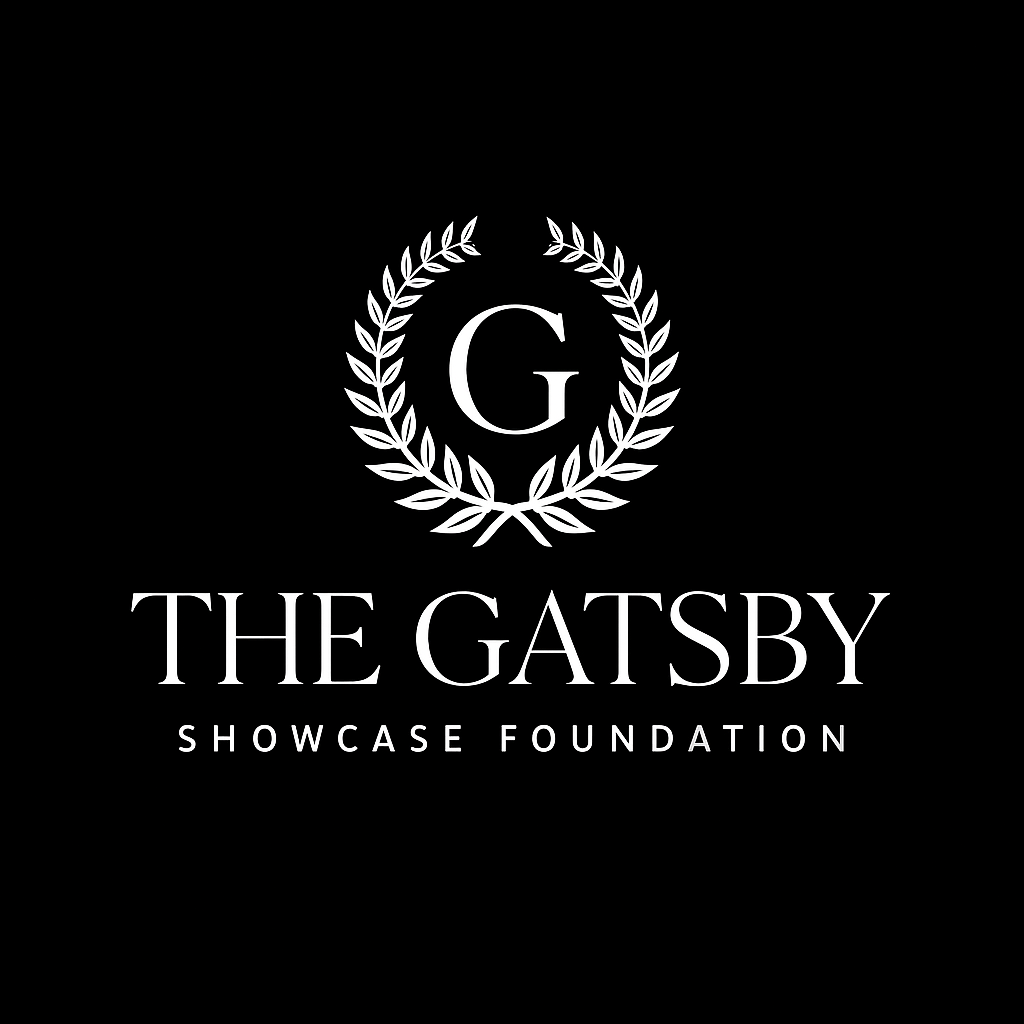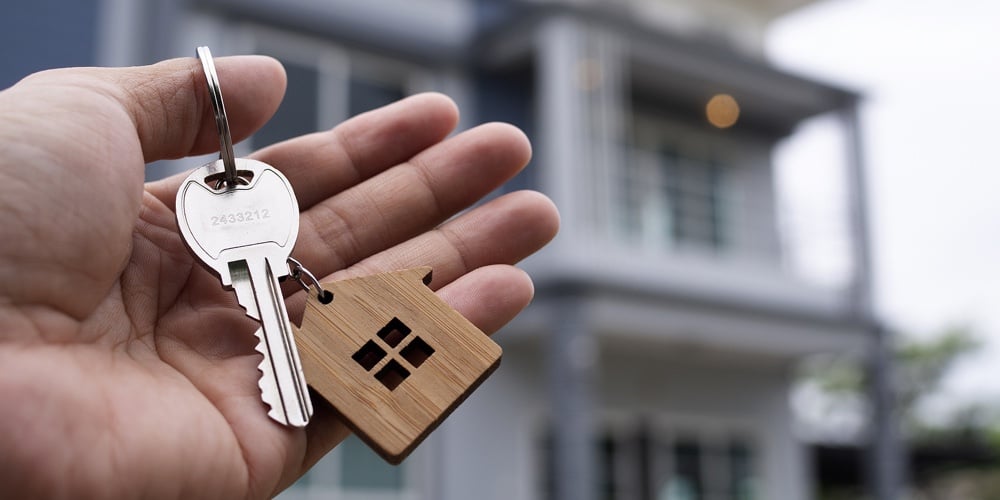Why This Matters
Each June, we celebrate National Homeownership Month—a time to recognize the profound impact that owning a home has on individuals, families, and communities. Since its official establishment in 2002 by President George W. Bush, the month has celebrated the American Dream and inspired those hoping to own a home.
This month also honors the many professionals who make homeownership possible—housing counselors, real estate agents, mortgage lenders, and community developers.
Beyond the celebration, National Homeownership Month is a critical time to discuss financial readiness. Homeownership is one of the largest financial commitments most people will ever make, demanding more than a dream. It requires a plan, a budget, and a deep understanding of the true costs involved.
DMV-Area Resources for Aspiring Homeowners
-
D.C. Department of Housing and Community Development (DHCD)
Offers down payment assistance, homebuyer education, and below-market loan programs for residents of the District. -
Maryland Mortgage Program (MMP)
Provides affordable mortgage products, grants, and education for first-time and repeat homebuyers. -
Virginia Housing (VHDA)
Access to loans, grants, and free homeownership classes across Virginia. -
HUD-Approved Housing Counseling Agencies
Certified counselors help buyers improve credit, budget, and understand the homebuying process.
Real-Life Story: Lisa’s Path to Homeownership
Lisa, a 34-year-old teacher in Prince George’s County, dreamed of buying a home but felt overwhelmed by the process. Her credit was fair, and she had limited savings. She attended a free homebuyer education workshop offered by a HUD-certified agency in her area. There, she learned how to create a housing budget, improve her credit score, and apply for down payment assistance.
After 18 months of preparation, Lisa purchased her first townhouse using a 3% down mortgage and a grant to cover closing costs.
“I didn’t think it was possible,” she said. “But once I had a plan and support, I made it happen.”
Budgeting for Homeownership: What You Need to Know
1. Initial Purchase Costs
-
Down Payment: Typically 10–20% of the home’s price. Some programs allow as little as 0–5% down with mortgage insurance.
-
Closing Costs: Usually 2–6% of the price. Includes inspections, appraisals, origination fees, and more.
-
Escrow Prepayments: May include several months of taxes and insurance.
2. Ongoing Monthly Expenses
-
Mortgage Payment: Principal and interest—early payments are mostly interest-heavy.
-
Property Taxes & Insurance: Usually escrowed monthly; costs vary by location.
-
HOA Fees: If you’re in a condo or planned community.
-
Maintenance & Repairs: Budget 1–3% of the home value annually.
-
Mortgage Insurance: Required if your down payment is under 20%.
3. Future Selling Costs
-
Agent Commissions & Fees: Typically 5–6% of the home’s sale price.
-
Prepping for Sale: Painting, staging, cleaning, and minor upgrades can boost value.
-
Moving & Tax Costs: Include relocation expenses and potential capital gains taxes.
4. Know Before You Buy
-
Get Pre-Approved: Know your price range before you shop.
-
Lifestyle Considerations: Leave room in your budget for savings and quality of life.
-
Plan Long-Term: Make sure your purchase supports your 5–7 year goals.
Quick Facts on Homeownership
65.1% – U.S. homeownership rate (lowest in 5 years)
⚖️ 50% – White Americans are 50% more likely to own homes than other races
24% – First-time homebuyers in 2024 (lowest since 1981)
79% – Homeownership rate for age 65+
38.6% – Homeownership rate for those 35 and under
Helpful Tools and Resources
What You Can Do This Month
✅ Attend a homebuyer education workshop in your area
✅ Use an affordability calculator to set realistic homebuying goals
✅ Start a dedicated down payment savings fund
✅ Review your credit report and take steps to boost your score
Closing Thoughts
Homeownership is more than a milestone—it’s a mission. It represents stability, investment, and pride. But it also demands education, preparation, and a strong support network.
If you’re considering buying a home—now or in the future—start with your budget, understand your options, and don’t hesitate to ask for help. With the right plan in place, the keys to your future may be closer than you think.
Dr. Bertrand Fote, MD, MBA, CF2
Certified Financial Fiduciary, Financial Educator, and Advocate for Financial Literacy

